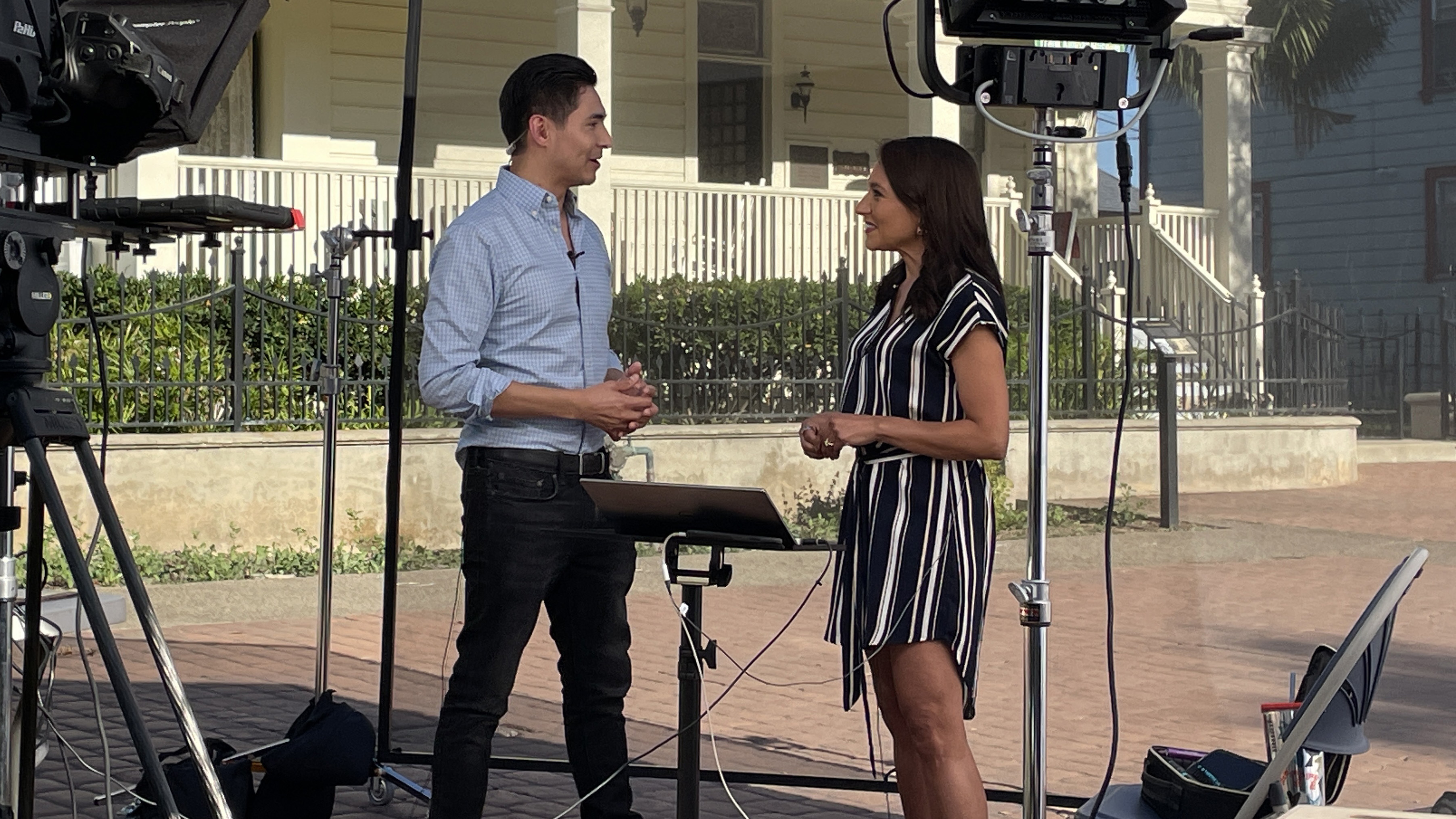It’s no secret that rent is high in San Diego, but some say a rent subsidy program designed for low-income families is allowing landlords to violate rent increase laws and dry up funds that help keep the program running.
Low-income families can apply for the Housing Choice Voucher Program, or HCV. It’s a Section 8 voucher to help eligible families find and obtain a rental unit on the private market. Recipients put about 30% of their income to rent and the rest is paid to the private landlord out of HCV funds. More than 40,000 low-income families rely on the HCV program, but finding an affordable place that accepts these vouchers is getting harder and harder.
“During a housing and homelessness crisis, it is unacceptable for the region's largest housing agency to be not only rubber-stamping illegal rent increases, but to be financially incentivizing private landlords to increase the rent above what is legal, and then using taxpayer funds, limited taxpayer funds, to subsidize those illegal rent increases,” said Pease Law Poverty and Civil Rights attorney, Parisa Ijadi-Maghsoodi.
Ijadi-Maghsoodi is representing the organization Black Men and Women United San Diego in a lawsuit against the San Diego Housing Commission. The complaint says the SDHC is in the practice of approving rent increases that do not comply with state law.
Get San Diego local news, weather forecasts, sports and lifestyle stories to your inbox. Sign up for NBC San Diego newsletters.
“This practice undermines the purpose of the voucher program,” said Ijadi-Maghsoodi.
California state law states rent can increase up to 10% at a tenant’s next renewal, but Black Men and Women United San Diego believes the housing commission is not following the law.
“Individuals who are unable to receive a voucher because they're on the waitlist and funds are being diverted to other uses, those individuals then are not able to obtain the housing opportunity that they otherwise would be able to obtain,” said Ijadi-Maghsoodi.
Local
Before increasing rent and getting more HCV funds, landlords participating in the program have to get approval. The SDHC is the local agency responsible for administering the HCV program in the city of San Diego.
The SDHC sent NBC 7 the following statement in regard to the pending lawsuit:
Whether or not AB 1482’s rent increase provisions apply to Section 8 Housing Choice Voucher households is a still-unresolved legal question. Differing legal opinions have been issued on that subject, including an opinion from the California Legislative Counsel Bureau in February 2020, shortly after AB 1482 was enacted, that said Section 8 Housing Choice Vouchers are exempt from those provisions and the California Attorney General’s letter in the summer of this year that provided the opposite opinion. All six public housing authorities in San Diego County and many throughout the state, including the California Association of Housing Authorities, have operated with the understanding that AB 1482's rent increase provisions did not apply to the Section 8 Housing Choice Voucher program. The U.S. Department of Housing and Urban Development (HUD), which oversees the federal Section 8 Housing Choice Voucher program, has not provided any guidance on this issue. That is why the SDHC is continuing to move forward with its own local rent cap policy, subject to HUD approval. SDHC began discussions about a possible local policy months ago. The proposed local policy would limit rent increases to the lesser of 5% plus the Consumer Price Index or 10% per year for all Housing Choice Voucher programs subject to SDHC’s jurisdiction and authority. The exemptions provided in California Civil Code 1947.12(d), as enacted through AB 1482, would not be part of SDHC’s local policy. SDHC looks forward to continuing to work with the Council President and the City Council regarding the implementation of SDHC’s local policy, depending on HUD’s approval of the policy.
The SDHC has its own rent cap policy they are hoping to pursue.
“When these funds are squandered on illegal rent increases and diverted to pay for these illegal rent increases, those are less funds that are available for low-income families and extremely low-income families to be able to obtain and maintain housing,” said Ijadi-Maghsoodi.
This complaint will be discussed at the Housing Commission's special meeting, Monday at 11 a.m.



